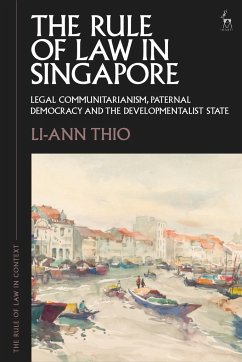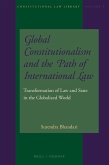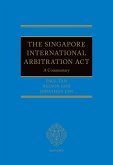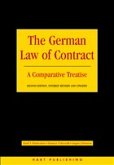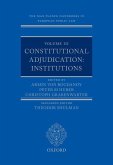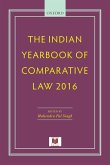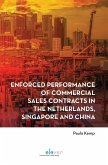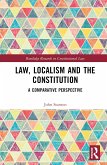"This book looks at the Rule of Law in the context of Singapore and reflects on what the Singapore case study contributes to the understanding of the rule of law. This book reflects on what the Singapore case study contributed to understandings of the rule of law. It explores the reception and development of the Singapore Local System, its constitutional order and institutions, the political dimensions, judicial review, and the context of democracy and civil rights. This lucid and engaging book will be of interest to researchers with an interest in constitutional law"--
Hinweis: Dieser Artikel kann nur an eine deutsche Lieferadresse ausgeliefert werden.
Hinweis: Dieser Artikel kann nur an eine deutsche Lieferadresse ausgeliefert werden.

